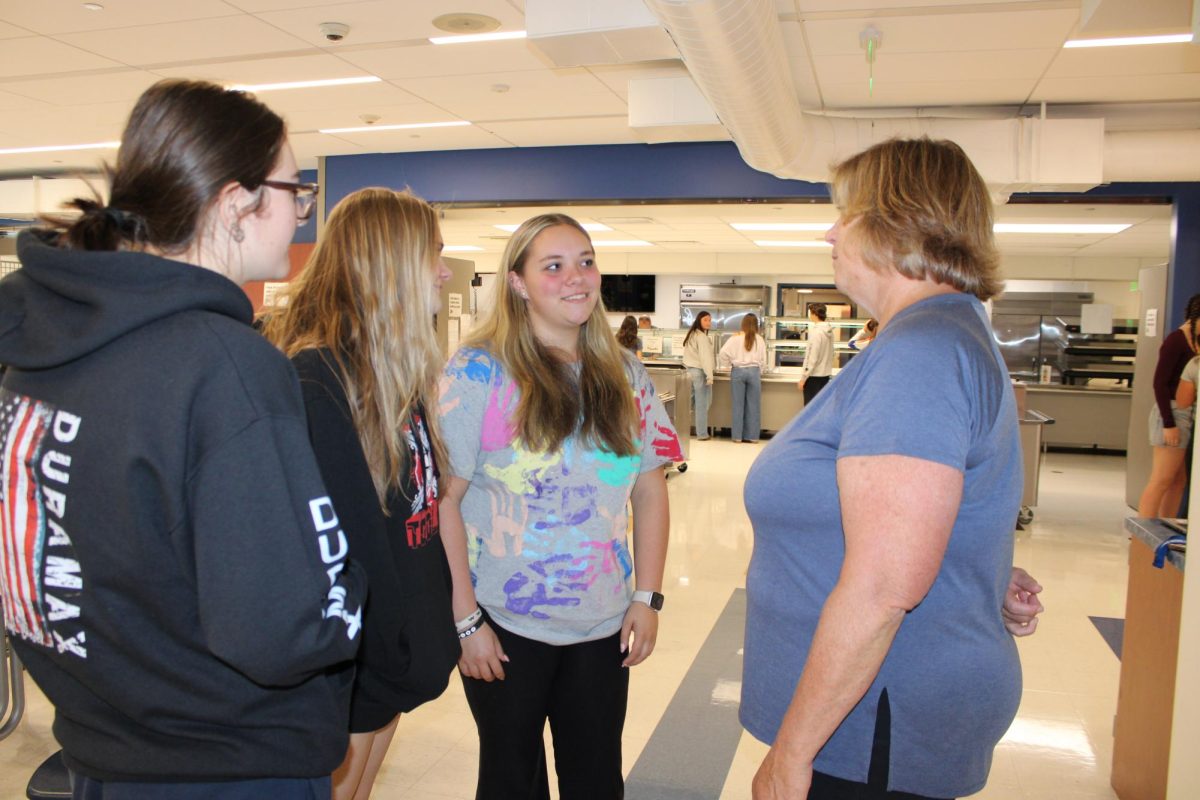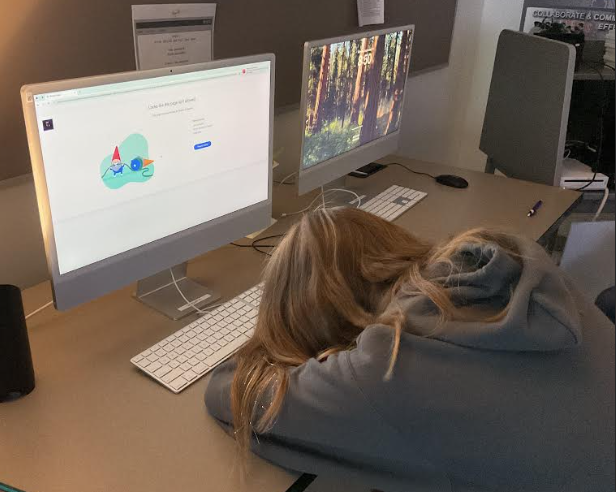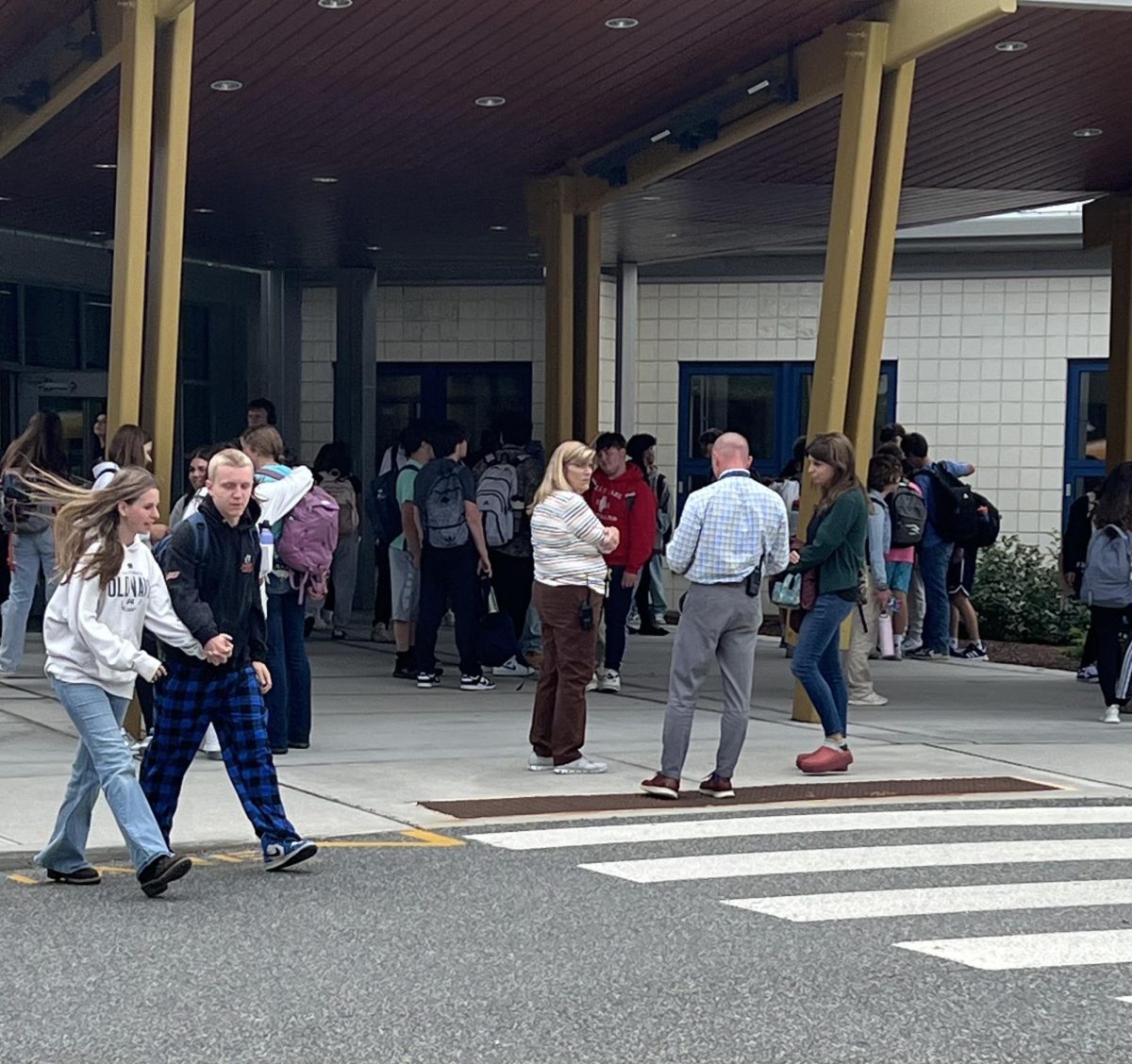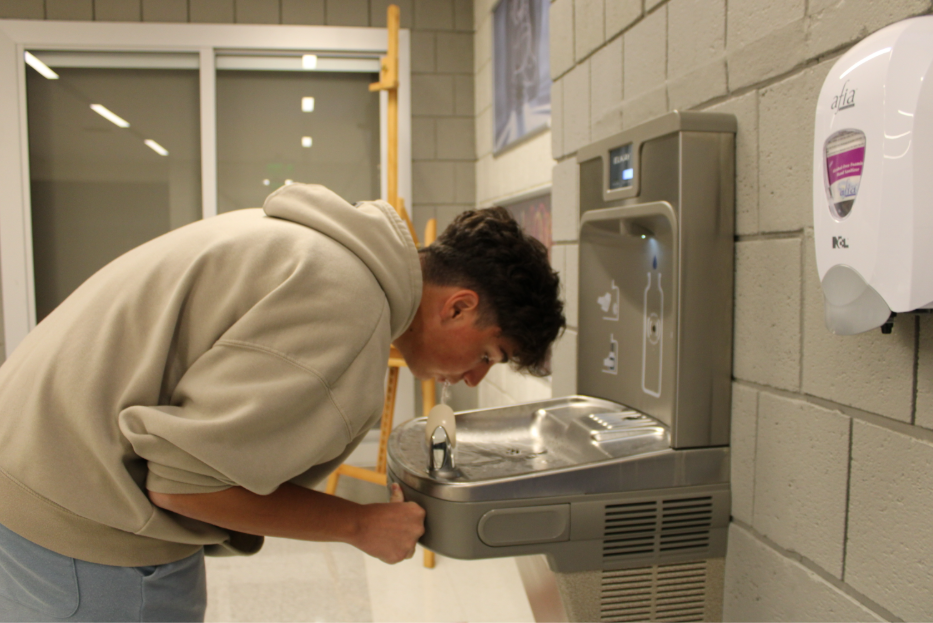WOODBURY — It’s many students’ nightmare: parents seated one-on-one with their teachers. Students have forever dreaded these conferences, and for some, students give the impression that these gatherings are insignificant and pointless considering how much information parents already have access to. Modern parents today have access to PowerSchool, Google Classroom, and email before they’ve even stepped foot on campus.
However, there are other perspectives on how teachers and students feel about these meet-ups.
“They’re fantastic,” said Kelly Nichols, an NHS English teacher. “It gives students another indication of our concern for them. These conferences are an excellent way to let students know that there are many people at the school who are interested in their welfare and are not intended to be used as a form of punishment for asking parents to attend. Sometimes it’s better to be a visible person, and I really enjoy sharing what students have done well at conferences.”
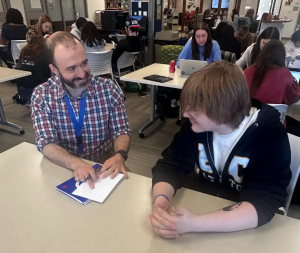
Beyond making these conferences a conversation about student progress, teachers like Nichols see the value in reminding parents about a course’s significance.
“You can better understand the teacher’s objectives and expectations for the parents’ child by simply emailing or speaking with them on the phone,” said Nichols.
Teachers view these gatherings as a chance to come together and support their students in any way they need it. This gives the parent peace of mind, enabling them to entrust the teacher with their child’s future growth. But from a student’s perspective this is a totally different feeling and experience. The pressure of having a parent listen to their teacher talk about their strengths and weaknesses can put a huge burden on that student.
“I think they can be stressful for students especially if they know they aren’t doing great in school or there’s a lot of pressure from parents,” said Mae Addeo, an NHS senior who sees how some students might benefit from the conferences. “But it’s also a great way for the teachers to connect directly with parents and come up with solutions to help a student who’s struggling. Because we’re still young, some students may struggle with personal responsibility or simply making a plan that will end in success. With parent-teacher conferences, teachers can work with both parents and students to help.”
With this new addition, there was a question about whether this will be a one-time thing or an annual tradition. Some teachers are enthusiastic at the thought of this being a part of the yearly process and others not quite.
“It kind of stopped during the COVID era, but as we know, COVID is over and we need to get back to normalcy and this is what we were going to be doing going forward,” said Declan Curtin, Nonnewaug’s assistant principal. “As kids get to high school, parents tend to put a lot more trust in them, but some of our students are still very young and parents want that access to teachers; we’re going to make sure they get that.”
From the faculty perspective, making these conferences an annual event is something many see as beneficial.
“I believe it will endure, especially for her teachers who haven’t held parent conferences in a while,” said Nichols. “I believe everyone, including our students, will see the benefits. I would expect them to stay for the betterment of the students.”
However, excitement is accompanied by anxiety, worry, and restlessness. Teachers may also feel anxious when preparing for parent-teacher conferences in the hopes of communicating clearly and confidently while addressing concerns just like students.
“I was a little nervous,” said Melissa Hodges, an NHS science teacher. “I didn’t know what to expect given I have never participated in parent-teacher conferences as a teacher. I think they went really well though; I felt like I gave parents a new opportunity to directly engage with us. We are all here to support students, so the more opportunities we have to work together to achieve that, the better.”
There are a plethora of other negative emotions going into parent teacher conferences and it’s the students that experience them the most, but should these conferences be seen as a bad thing? Can they be beneficial?
“I think students always think we’re going to focus on only the negatives, when in reality I want to also discuss their strengths,” said Hodges. “We want to see students succeed, so we will do whatever we can to support both students and parents.”
Hodges isn’t the only faculty member who sees these conferences as a positive addition to NHS’ culture.
“I would hope that students wouldn’t get stressed or scared of them because, even if teachers have to report out some behaviors that need to be improved, the ultimate goal is to help students better themselves,” said Ray Robillard, an NHS math teacher. “I think the intention, as it always should be, is to benefit the students and their learning. That is, ultimately, what parents, teachers, and administrators are all mutually seeking.”







